Pilot Project with Natural Bacteria and Plants for Remediating Contaminated Mining Site
Why This Project Is Important
Industrial activities such as mining result in deposition of metal contaminated waste which results in reduced soil fertility. In some instances, the soil is toxic causing severe impact on human health. Large areas of land in the U.S. and all over the world are marginal which do not support normal plant growth. Development of an environmental friendly green technology to extract metals from soil and improve soil fertility will support plant growth. This project will provide research experience to undergraduate and graduate students.
Project Description
Stamp sand in Upper Peninsula, Michigan is the result of copper mining activity leading to soil with high levels of copper and low levels of nutrients. We plan to perform a pilot scale study to test the effect of natural plant growth promoting bacteria (PGPB) isolated from Torch Lake sediment on plant growth, metal uptake and soil health under field conditions (Torch Lake site). Greenhouse work has shown promising results with reference to plant growth and metal uptake by plants and improvement in soil health of mining impacted soil collected from Torch Lake and Gay stamp sand sites and treated with PGPB. We plan to make replicate plots with control (only plants) and experimental (plants plus bacteria) sets to test if these naturally occurring bacteria give similar results under field conditions as compared to greenhouse studies. Biomass and copper content of plants grown for 45 days and 90 days will be evaluated. Further, soil macro and micronutrients as well as activities of soil enzymes will be estimated. Plants combat metal stress by up or downregulating proteins. We plan to identify differentially expressed proteins in plant samples used for greenhouse study. This will be accomplished using a state of the art proteomics approach which will identify proteins in plants targeted by the bacteria. This study will help in understanding the molecular mechanism employed by plants and bacteria to remediate metal contaminated soils.
Meet the Researcher

Rupali Datta
Dr. Datta’s primary research interest lies in the application of plant biochemistry, genetics, molecular biology and microbiology in solving environmental problems,using phytoremediation, plant-microbe interactions and bioremediation. Dr. Datta’s research involves the study of interactions between plant, soil, microbial and water systems to understand the mechanisms of uptake and detoxification of specific environmental contaminants in biota from two broad angles – biochemistry and genetics.
Specifically, Dr. Datta’s current research focus is on the study of bioavailability of metal and organic contaminants in aquatic media and the potential of using plants to remediate contaminated sites, mediated by microbes. Dr. Datta actively collaborates with environmental geochemists, soil scientists, microbiologists and analytical chemists. Dr. Datta also works on the bioavailability of contaminants using in-vitro and in-vivo models. She has also been working on the remediation of antibiotics, TNT, RDX, petroleum hydrocarbons, perchlorate and chromate in soil and water and in developing “green technology” as part of an environmental R&D, SIROM Scientific Solutions, LLC based in Montclair,...
days left
funded
last
What Your Donation Can Help Us Do:
- Perform field trials in mining impacted soils using a combination of plants and naturally occurring bacteria
- Identify proteins responsible for bacterial assisted phytoremediation
Recent Donors
Some donors may be hidden.
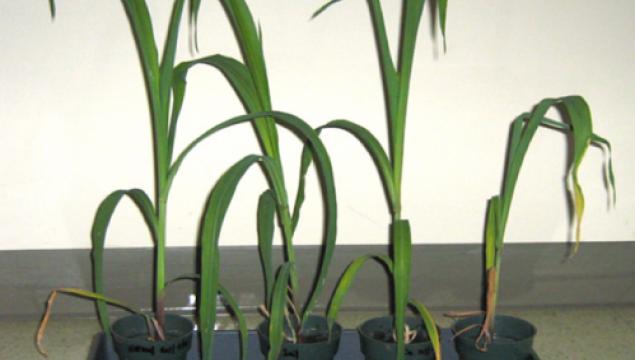
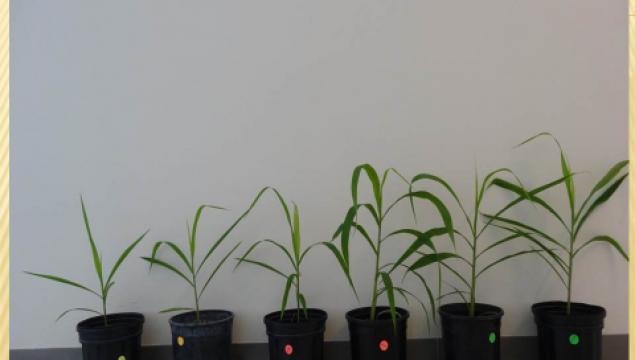
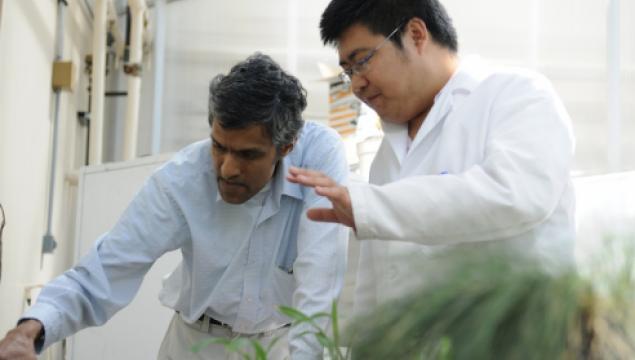
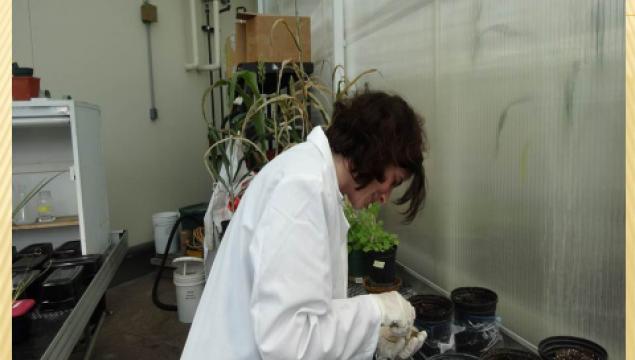
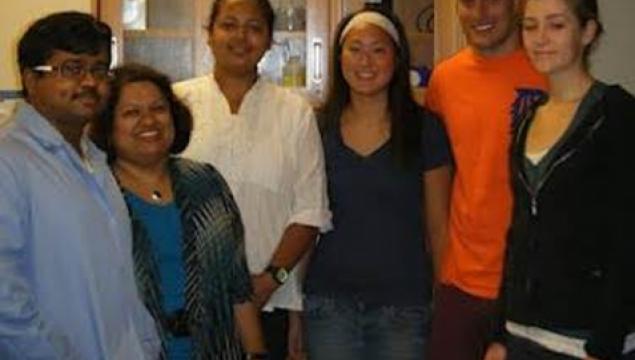
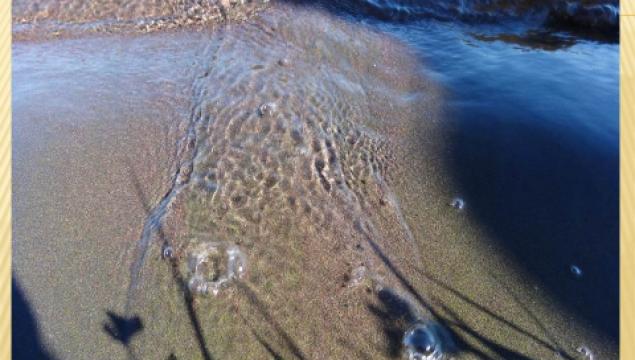
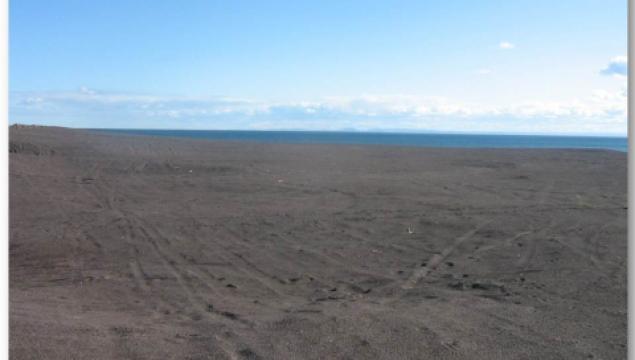


 Gifts to projects listed on SUPERIORIDEAS.ORG are received and processed by Michigan Tech Fund. Michigan Tech Fund is a tax-exempt organization under Section 501(c)(3) of the Internal Revenue Code acting on behalf of Michigan Technological University. It is the policy of Michigan Tech Fund that a portion of the gifts and/or income therefrom may be used to defray the costs of raising and administering the funds.
Gifts to projects listed on SUPERIORIDEAS.ORG are received and processed by Michigan Tech Fund. Michigan Tech Fund is a tax-exempt organization under Section 501(c)(3) of the Internal Revenue Code acting on behalf of Michigan Technological University. It is the policy of Michigan Tech Fund that a portion of the gifts and/or income therefrom may be used to defray the costs of raising and administering the funds.